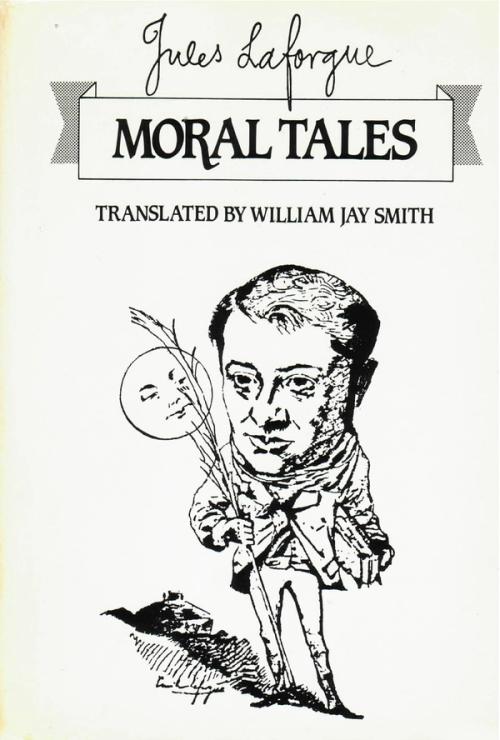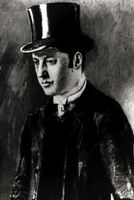Moral Tales
by Jules Laforgue
Translated from French by William Jay Smith
When Jules Laforgue’s Moralités légendaires was published in 1887 a few months after his death at the age of twenty-seven, it was hailed as a masterpiece. In the words of Remy de Gourmont, it gave “the sensation (specially rare) that we have never read anything like it: the grape with all its velvet hues in the morning light, but with curious reflections and an air as if the seeds within had become frozen by a breath of ironic wind come from some place farther than the pole.” Subsequent readers have agreed. The book, which parodies great figures of literature and legend, Hamlet, Lohengrin, and Salome, was an important influence on James Joyce and T. S. Eliot as well as on any number of French poets from Guillaume Apollinaire to Jacquest Prévert. In his introduction to this lively translation, William Jay Smith points out that Laforgue had hit upon a wholly modern approach: “The heroes of the past must be recreated by each human consciousness in its own way: they are perpetually waiting to be reborn.” Their rebirth, in the wit and elegance of these finely wrought tales that Smith has carried over into English is a joy to contemplate.
Paperback(published May, 01 1985)
- ISBN
- 9780811209434
- Price US
- 15.95
Clothbound(published May, 01 1985)
- ISBN
- 9780811209427

